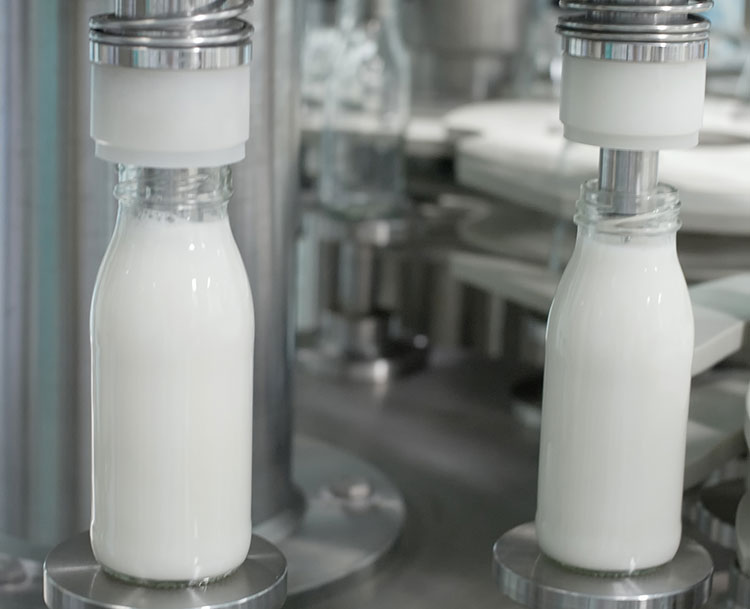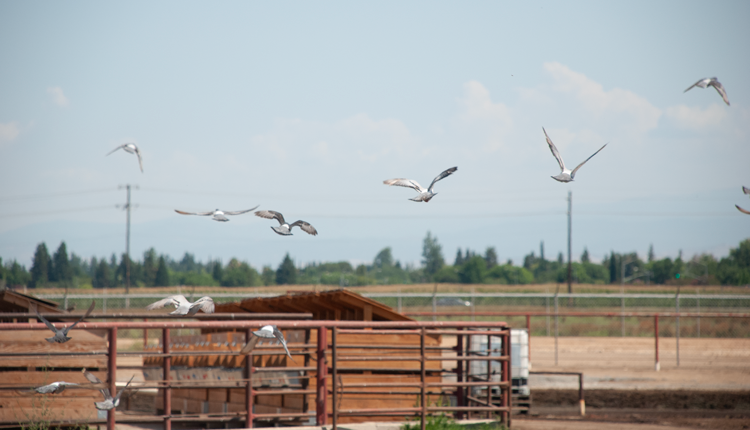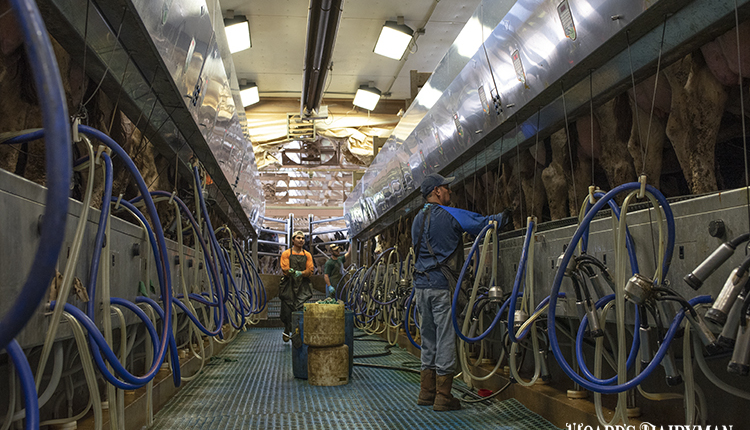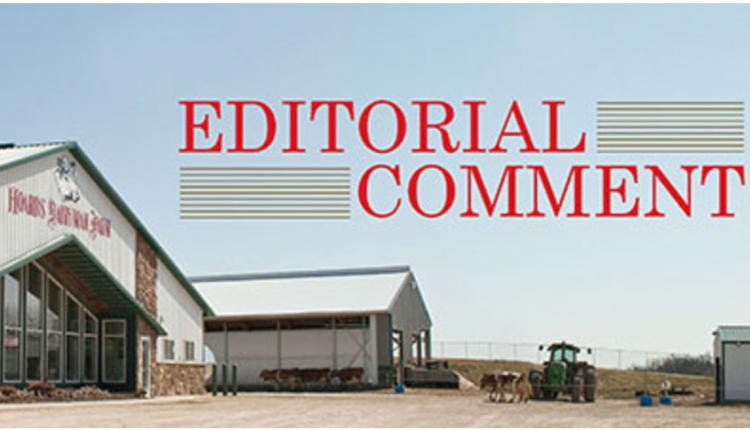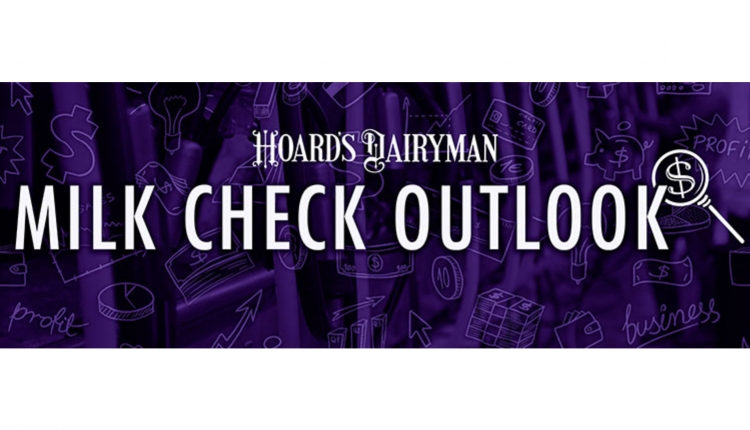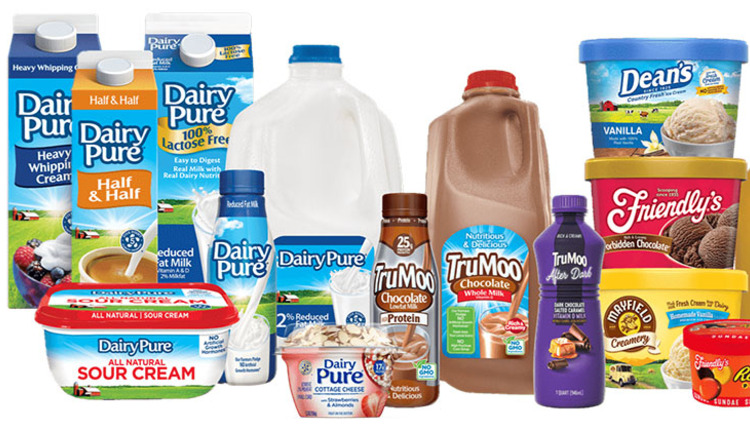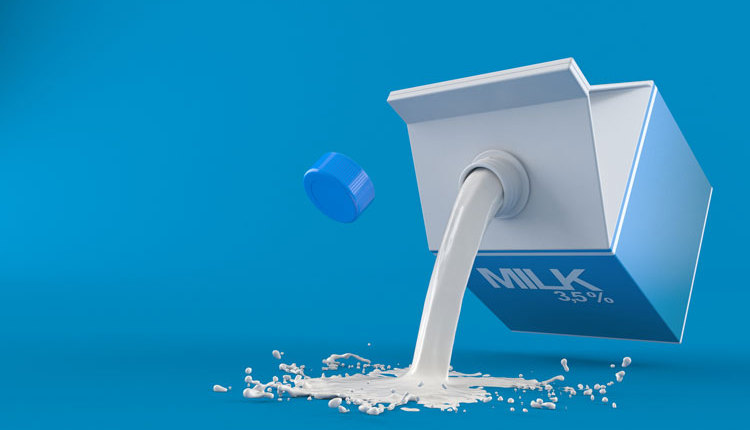These are unprecedented times. There is angst throughout the world.
That unease has started rumors that a dairy or food processing plant could close long term should an employee working in the plant contract the novel coronavirus. Plant closures could, in turn, lead to uncollected milk on the dairy farm and force farmers to dump their product.
The truth is that the nation’s food processing plants, including dairy facilities, have steps in place to protect food safety. These procedures are the very reason America’s food supply is the safest in the world.
As it turns out, these same practices also can control the spread of the novel coronavirus in a food processing plant as spelled out by the Centers for Disease Control and Prevention (CDC), the Food and Drug Administration (FDA), and the United States Department of Agriculture (USDA).
“Existing sanitation standard operating procedures should be effective to achieve adequate cleaning and disinfection of SARS-CoV-2 (COVID-19) to prevent transmission to people,” was the collective statement in the document
Food Industry Recommended Protocols When Employee/Customer Tests Positive for COVID-19. When reviewing the aforementioned document, keep in mind the five-page protocol has been reviewed by the FDA.
All manufacturing plants not the sameFood processing is held to a far higher standard than plants churning out cars or other equipment, for example. That makes food manufacturing unique when it comes to the coronavirus.
No shutdown needed“Because transmission occurs from person to person, a facility/location does not need to shut down as a result of an employee, visitor, or other individual testing positive for COVID-19 if the steps above are followed and the ill and potentially exposed individuals are appropriately addressed,” continued the advisory document. “As soon as an employee is identified that has tested positive for COVID-19 or has symptoms associated with the virus, clean and sanitize the facility according to CDC guidance.”
That guidance can be found at
Environmental Cleaning and Disinfection Recommendations.Not transmitted via food“There is no evidence to support that the SARS-CoV-2 virus can be transmitted to humans through food or food packaging materials. The FDA does not anticipate that food will need to be held, recalled, or withdrawn from the market due to possible exposure to SARS-CoV-2 through a person that has tested positive for the COVID-19 virus who works in a food facility.”
That statement is directly backed up by FDA in the advisory document
Food Safety and the Coronavirus Disease 2019 (COVID-19).America needs youFarmers, food processors, distributors, and retailers are part of our nation’s “critical infrastructure.” These people play vital roles in society, and their businesses must remain operational to feed the country.
“If you work in a critical infrastructure industry, as defined by the Department of Homeland Security, such as healthcare services and pharmaceutical and food supply, you have a special responsibility to maintain your normal work schedule,” said U.S. President Trump in a directive.
“Inconsistent approaches to reacting to an employee who tests positive for COVID-19 has the potential to jeopardize our food system,” continued the advisory document
Food Industry Recommended Protocols When Employee/Customer Tests Positive for COVID-19.
There is one fly in the ointment — labor. If a plant had numerous employees unable to work due to the virus, productivity could be impacted.Now also is the time for constant communication with your team as situations change by the minute during this pandemic.
To comment, email your remarks to intel@hoards.com.
(c) Hoard's Dairyman Special Intel 2020
March 24, 2020